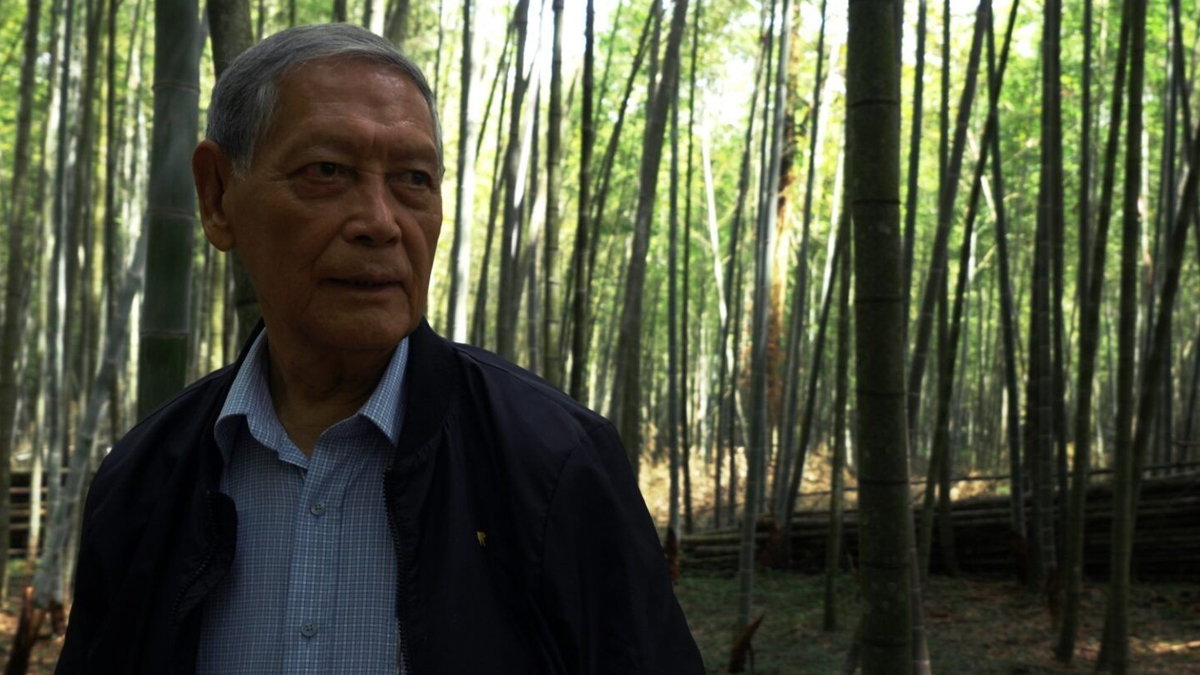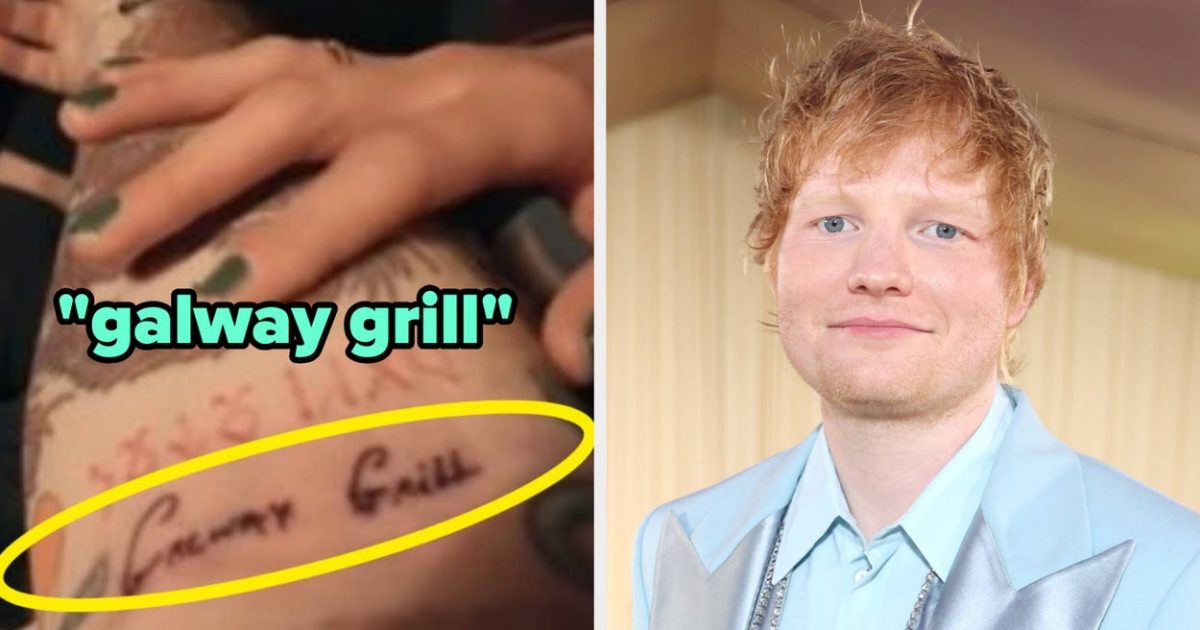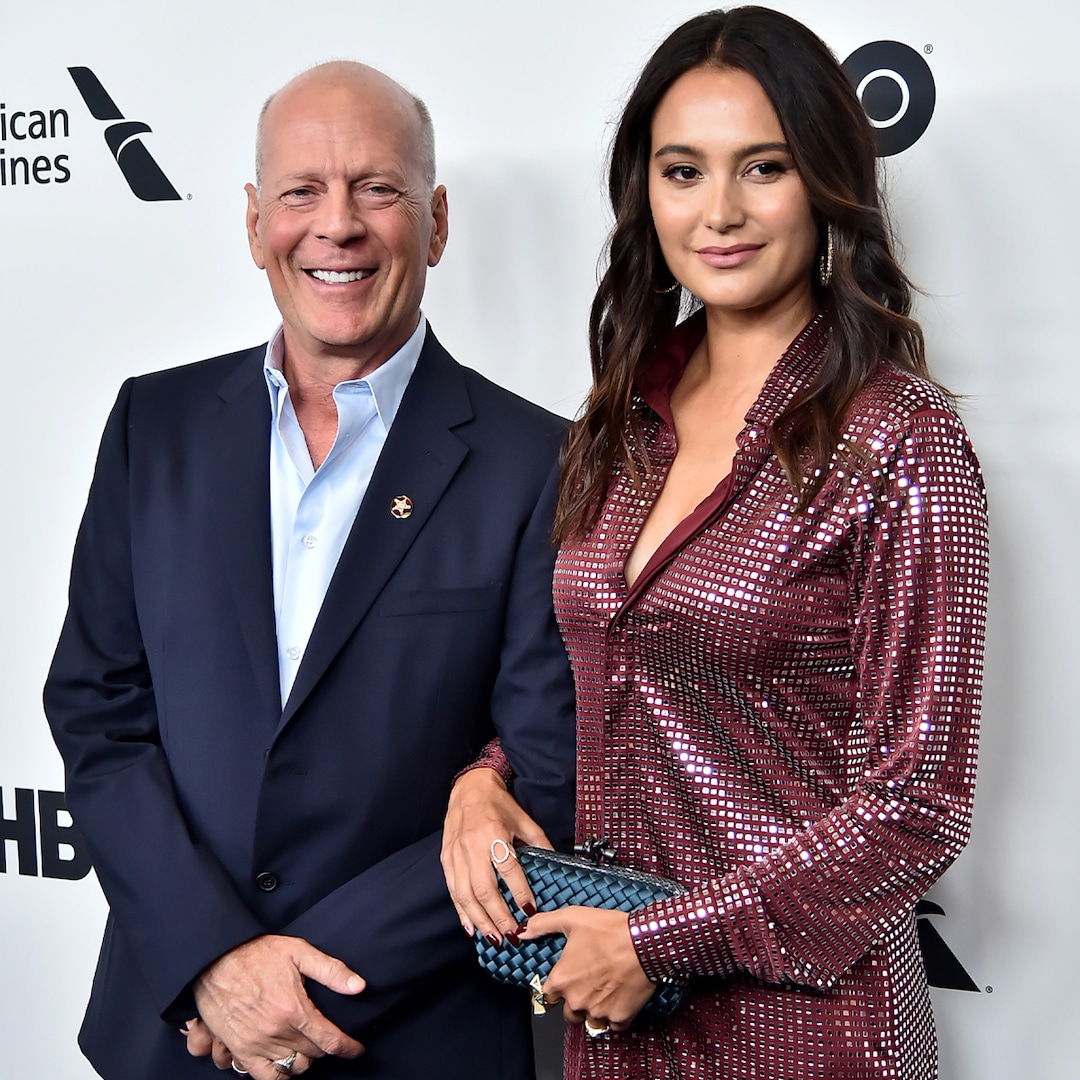
Film Review: ‘The King of Wuxia’- King Hu Documentary’s U.S. Premiere
Apr 19, 2023
The 10th Old School Kung Fu Fest: Sword-fighting Heroes Edition– “The King of Wuxia”
Any fan of Martial Arts films knows the name King Hu. Every director who has ever done a wuxia-styled action film was influenced by his vision. In the fascinating new documentary “The King of Wuxia”, (recieving its U.S. premiere at the festival) the master and re-inventor of the wuxia film is explored through reflections of a career defined by a unique and groundbreaking cinematic vision.
King Hu’s films were works of precise balletic movement. His camera was almost always in motion, flowing through the Shaw Brothers studio sets, taking in the impeccable production design. As did Akira Kurosawa, King Hu kept his camera moving, assuring the “reframing” of the action. The director kept his camera panning the frame, rearranging the aesthetics of the scene. It is one of many techniques that made Hu’s pictures so special.
For the action, every maneuver was choreographed. Every fight sequence had a tempo. Hu made his battles into eye-popping works of action-fueled Art.
Seeking knowledge of craft, the filmmaker studied the American Westerns (particularly Sergio Leone’s Spaghetti Westerns) frame by frame, as he felt the fight scenes in those films looked real and were edited in such a way that they felt dangerous and exciting.
Explaining his meticulous fight choreography, Hu once said, “If characters just show up and fight immediately, there’s no atmosphere… audiences get impatient. If everybody thinks it’s just right, then your technique was successful… my fight scenes are entirely from Peking Opera fighting, which is actually a dance.”
Legendary Chinese actress Cheng Pei-pei leads the viewer into the filmmaker’s work by explaining how her first wuxia film, Hu’s 1966 masterpiece “Come Drink with Me”, was “the first new and improved Chinese wuxia film.”
The director used Cheng’s dance background to make her moves and poses a thing of beauty. The director and his star found a unique and lasting symmetry in the violence and gorgeousness of it all.
With that film, King Hu ushered in an era of brilliantly designed Chinese wuxia films that stand as some of the greatest Martial Arts films ever made.
Filmmaker Lin Jing-Jie skillfully examines the impact King Hu had on Martial Arts films and Chinese cinema through interviews with the actors, producers, and crew who worked with him and the filmmakers whom he inspired.
“The King of Wuxia” exudes a lyrical poetry in certain moments that finds Shih Chun (Hu’s lead actor in “Dragon Inn” and “A Touch of Zen”) traveling to the locations of his films. In these scenes, the documentary captures the inherent beauty of King Hu’s locations and in doing so, pays tribute to the master filmmaker’s eye for the transcendent beauty of the land.
Many filmmakers have been influenced by Hu’s artful eye and distinctive style. John Woo and Hark Tsui speak of their fondness for the balletic violence in Hu’s work; an impact that can be witnessed in almost every one of Woo and Hark’s films.
Lin Jing-Jie gets deep with his interview subjects. The people who knew him were affected deeply by their time Hu.
Some of King Hu’s closet friends and colleagues get emotional when speaking about how the director was marginalized in the latter half of his career. Hu struggled financially and professionally, as Hong Kong producers turned their backs on him and would no longer give him the proper funding needed to make his art.
The interviews describe King Hu as a lonely man in the last decade of his life. Suffering from heart disease, he became frustrated with his career due to the later films being less commercially successful than his celebrated early works. Still struggling, Hu came out of self-imposed retirement to craft 1990’s “The Swordsman” and 1992’s “Painted Bird”, two masterful pieces that are respected but found no wide audience, though all interviewees claim the two to be great motion pictures.
You can feel the heartbreak as friends and colleagues talk about the broken soul King Hu carried with him later in life. The film brings emotion to the forefront in its second half, becoming a zen balance of respect and honor and love.
A bittersweet coda to the film and to Hu’s life and career is the fact that he died happy. The director was preparing an epic film (for which he found funding) titled “Battle of Oso”. The money was in place, the script finished, and the casting in process. Everyone involved was sure this would be his masterpiece and speak of how they saw a rejuvenated soul.
Hu’s films have rhythm, and his visual compositions are stunning. His pictures have narratives that give context to the time of history in which they were set and give voice to the people who inhabited the era.
“The King of Wuxia” is an incredibly involving film. Lin Jing-Jie has left no investigative stone unturned in his epic examination of the life and career of King Hu.
Hu was a man rich in film history and innovation who brought a studied and focused lightning bolt of change to Chinese cinema.
For many years, King Hu breathed in life and films with the spirit of the wuxia warriors that filled his works. It is that fire for life and work that leaves such an enduring legacy.
To quote Cheng Pei-pei, “He was the encyclopedia we all needed.”
This incredible and moving documentary honors the man and all who loved him.
The King of Wuxia
Directed by Lin Jing-Jie
NR, 216 Minutes, Sky Films
Related
Publisher: Source link
"We Despised Each Other So Much That It Read As Love": 13 Costar Duos Who Did NOT Get Along
Diane Kruger said, "It kind of sucked. He's dead, so I can say that. But he wasn't the most pleasant person."View Entire Post › Disclaimer: This story is auto-aggregated by a computer program and has not been created or edited…
Dec 25, 2024
19 Best Experience Gifts for Everyone on Your List
Our writers and editors independently determine what we cover and recommend. When you buy through our links, E! may earn a commission. Learn more. As the holidays approach, the last loved one on your list is usually the hardest person to…
Dec 25, 2024
Celebs With Embarrassing Tattoo Mistakes Revealed
If read vertically from top to bottom and horizontally from right to left, which is how Japanese is read, the tattoo translates roughly to say "ring seven fingers." However, if the tattoo is read horizontally from left to right and then…
Dec 24, 2024
Bruce Willis’ Wife Emma Shares Family Photos Amid His Health Battle
Bruce Willis’ wife Emma Heming Willis is cherishing the good times. Almost two years after the Die Hard actor’s wife, his ex-wife Demi Moore, and his kids Rumer Willis, 36, Scout Willis, 33, Tallulah Willis, 30, Mabel Willis, 12, and Evelyn Willis, 10, announced that…
Dec 24, 2024











